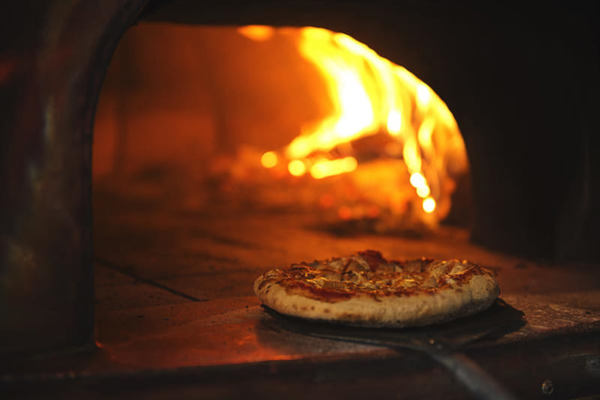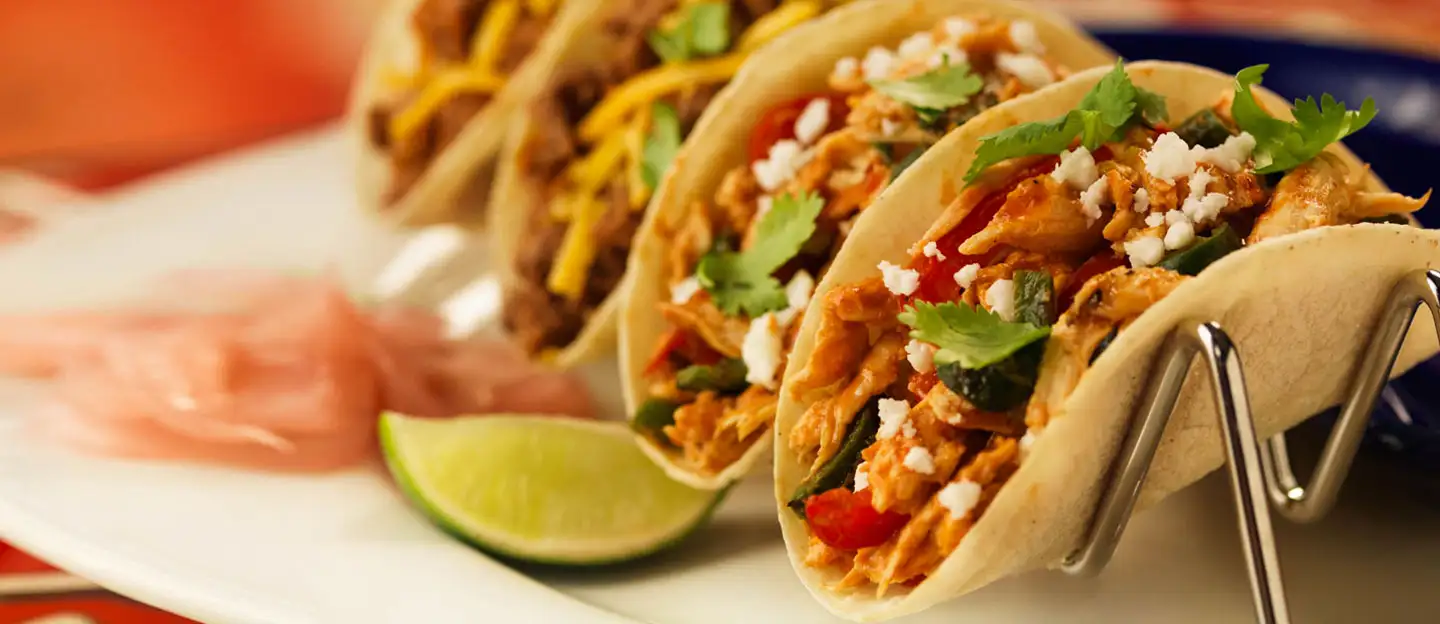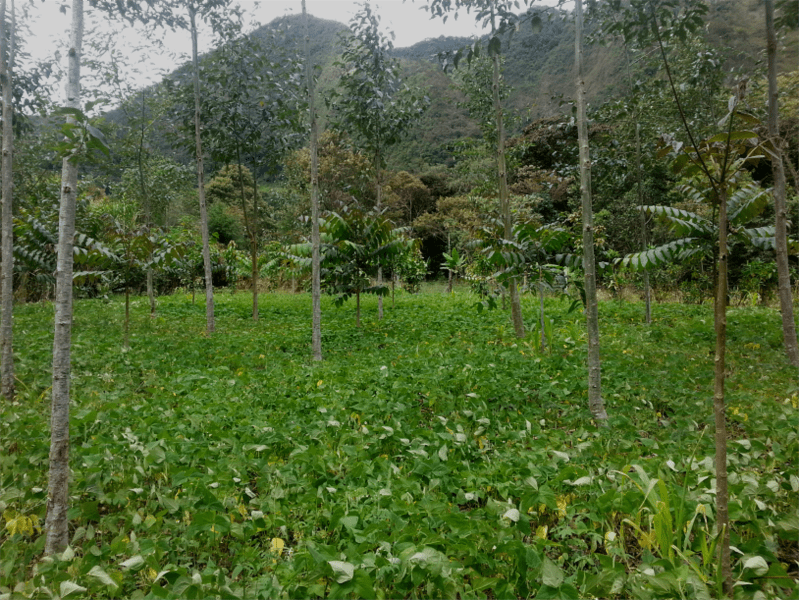 Review
Review
Katalina is Ecuadorian. Donald Quebecers. Together, they are trying to introduce people to Varennes arabica aroma of their product on their land, altitude, somewhere in Ecuador. But above all, they produce a coffee that takes care of the lungs of the planet.
I admit, I write this under the influence of coffee. An arabica bean in the mouth with aromas of toast and hazelnut, very sweet taste in the mouth with a slight bitterness. Perfect for me.
When one enters the coffee roaster Latitude Zero, Marie-Victorin Boulevard, Varennes is an explosion of flavors that surrounds us. To help us see more clearly and put words to our olfactory sensations, Donald Plante on the wall a wheel of aromas and flavors. That's when we discover that we can perceive a fruity coffee from apricot blackberry. But a cafe can also be more sour with cloves spikes, for example.
It will be understood, Donald Plant is an avid coffee. A passion that goes back to its approximately twelve years in Ecuador.
A love story
First succumbing to the charms of his wife Katalina Robalino, the manager of Latitude Zero, it opens in 1996 a coffee Tumbaco, near the Ecuadorian capital, Quito. "It was there that I learned the basics of Colombian coffee with a friend." Then, an idea pops into their mind. With their need to engage socially in Ecuador, the couple finally find a fertile land that would reconcile environmental with economic development. Their choice is posed on a farm in Imbabura, in the Andes, about 1750 m altitude.
The meeting with an American forester, Charlie Vanitor, will be decisive. For him, it is necessary to combine sustainable and profitable concept. Make selective logging, reforestation with woody species mix banana and papaya trees, to create a green roof, which is so conducive to the growth of coffee plants.
At the coffee plantation, and Donald Katelina add the sale of sheep. Why sheep? "The meat is better than cows and sheep, which graze, do not like coffee! "Says Donald Plante. Through the project, ecosystems are created allowing a new wildlife to settle. Before, in the region, says the man who became a manufacturer, roaster and distributor, "many European organizations came and paid for reforestation. Ecuadorians planted, gathered the money and cut when NGOs were leaving. do you even lift
From now on, the coffee and the production of sheep used for a study of the American scientist, Agroforestal-Silvopastoreo. The data of the project, such as precipitation, absorption of soils, plant growth, etc. are scientifically compiled and betting available to local and international universities.
Their farm to our cup of coffee
In 2010, the first Arabica plants appear. It grows quickly. "It's a great place, there is always moisture," says Mr. Plante. "The freshness of the air, humidity and rich soil are ideal components to enable us to offer a top quality Arabica coffee. do you even lift
The earth produces. But the Quebec-Ecuadorian couple will not stop there. Katelina willing to relocate in Quebec. Some for the education of their daughters, but also to make their production and develop their project From our farm to your cup.
Their choice will stop at Varennes, not far from Montreal. Since 2012, they therefore know their eight kinds of coffee - and the Ecuadorian soups Katelina! - In their shop, the name of the degree of latitude from the equator. But also in the procurement of the area as Verchères, even some super markets such Provigo. And, of course, they roast on site with their German machine, Diedrich.
Proud to show their coffee beans pockets that sit in their roastery, the couple also wants to visit their farm to Quebecers. It is their next project for 2018. For the day, they return to Imbabura.
After helping the villagers to build a road 2 km and a bridge, Donald and develop Katelina provide 5 cabins to accommodate people. The first is already on site. Better, they invite the world to do the same. To settle in their hometown of Ecuador and develop their concept. Travel tour with Lady Robalino start also in place. Everything is planned for March 2015.
Opportunity to go see, as reported by local farmers, how many coffee beans should be planted to have a good arabica and have peace with a worm which sometimes attacks the plantations. It takes three: one for the worm, one for ground and one for you, producer!
To learn more about the project From our farm to your cup and the coffee roaster Latitude Zero: http://www.cafelatitudezero.com/accueil







